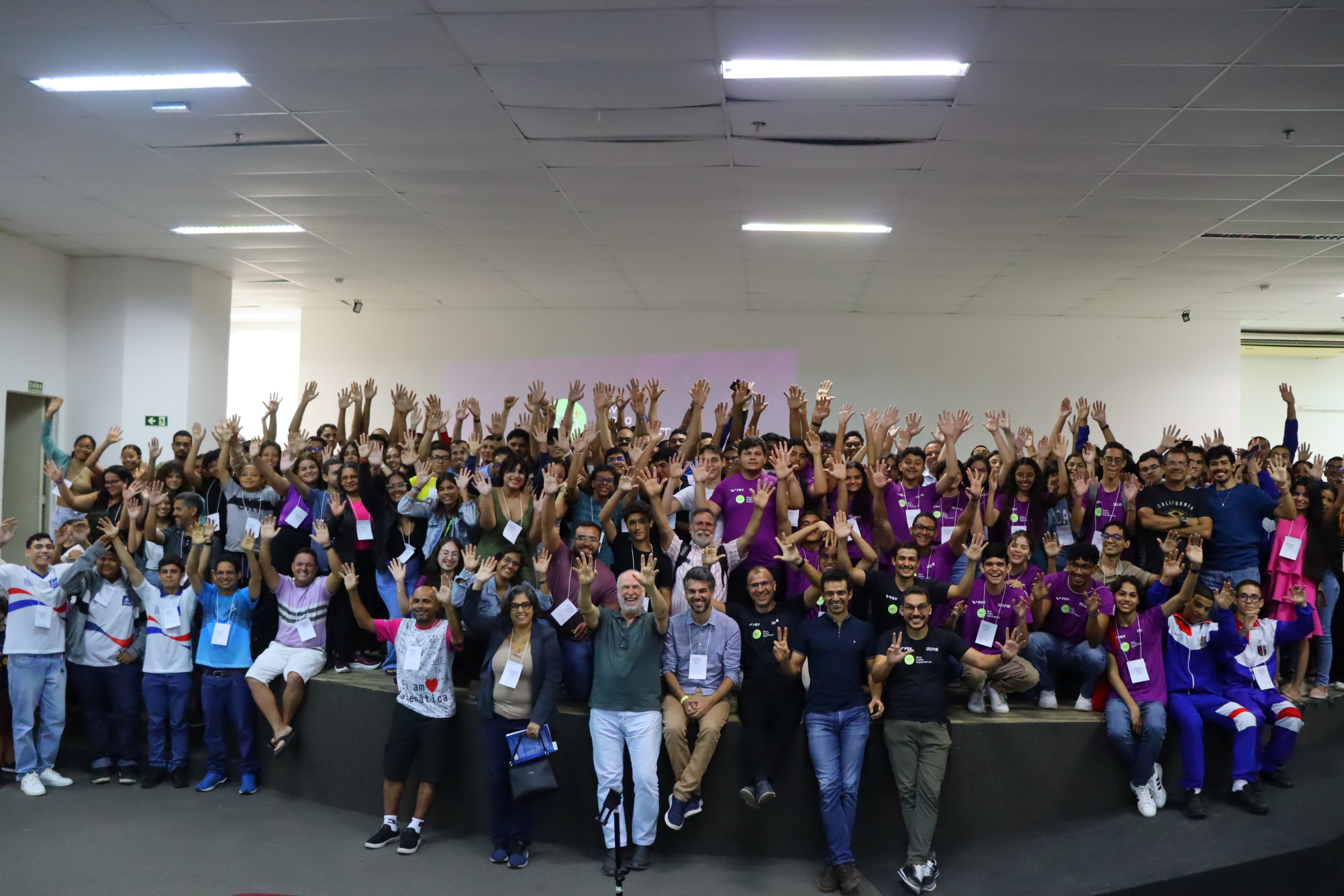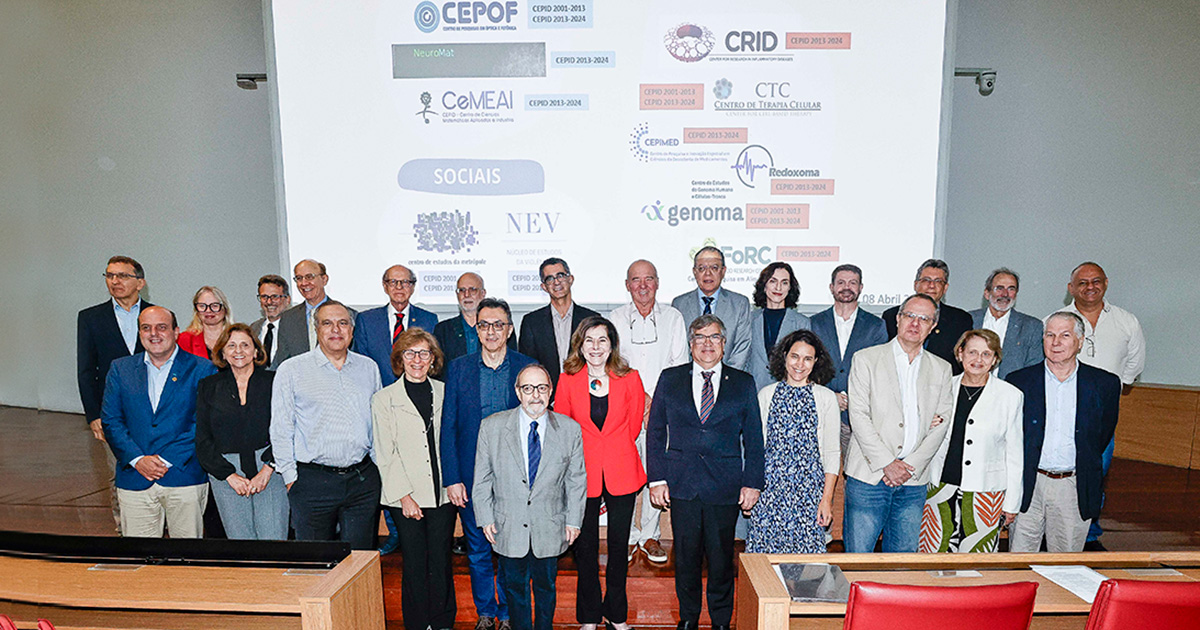Osvaldo Anacleto
Course outline
Day 1 (Monday):
• Introduction to infectious disease modelling. Deterministic and stochastic compartmental models (Lecture and R tutorial)
• Introduction to probability distributions and counting processes
• Introduction to R (optional))
Day 2 (Tuesday):
• Introduction to statistical Inference and maximum likelihood estimation (Lecture and R tutorial)
• Frequentist inference for the basic reproduction ratio and stochastic epidemic models
Day 3 (Wednesday):
• Frequentist inference for basic reproduction ratio and design of transmission experiments (R tutorial and discussion)
• Introduction to Bayesian inference
Day 4 (Thursday):
• Conjugate Bayesian analysis for the beta-binomial model (fish infection data) and for stochastic SIR models (Lecture and R tutorial)
• Introduction to MCMC, Gibbs sampling and Metropolis-Hastings algorithms (Lecture and interactive tutorial)
• Bayesian inference and MCMC for epidemics – example 1: basic reproduction ratio and stochastic epidemic models
Day 5 (Friday):
• Bayesian inference and MCMC for epidemics – example 2: the dynamic non-linear indirect genetic effects model
• Case study 1: a Bayesian non-linear hierarchical model for pig infection data (Lecture and R tutorial)
Day 6 (Saturday):
• Case study 2: Transmission experimental design and a Bayesian survival model for fish infection data
• Review of some course topics based on participants’ suggestions






